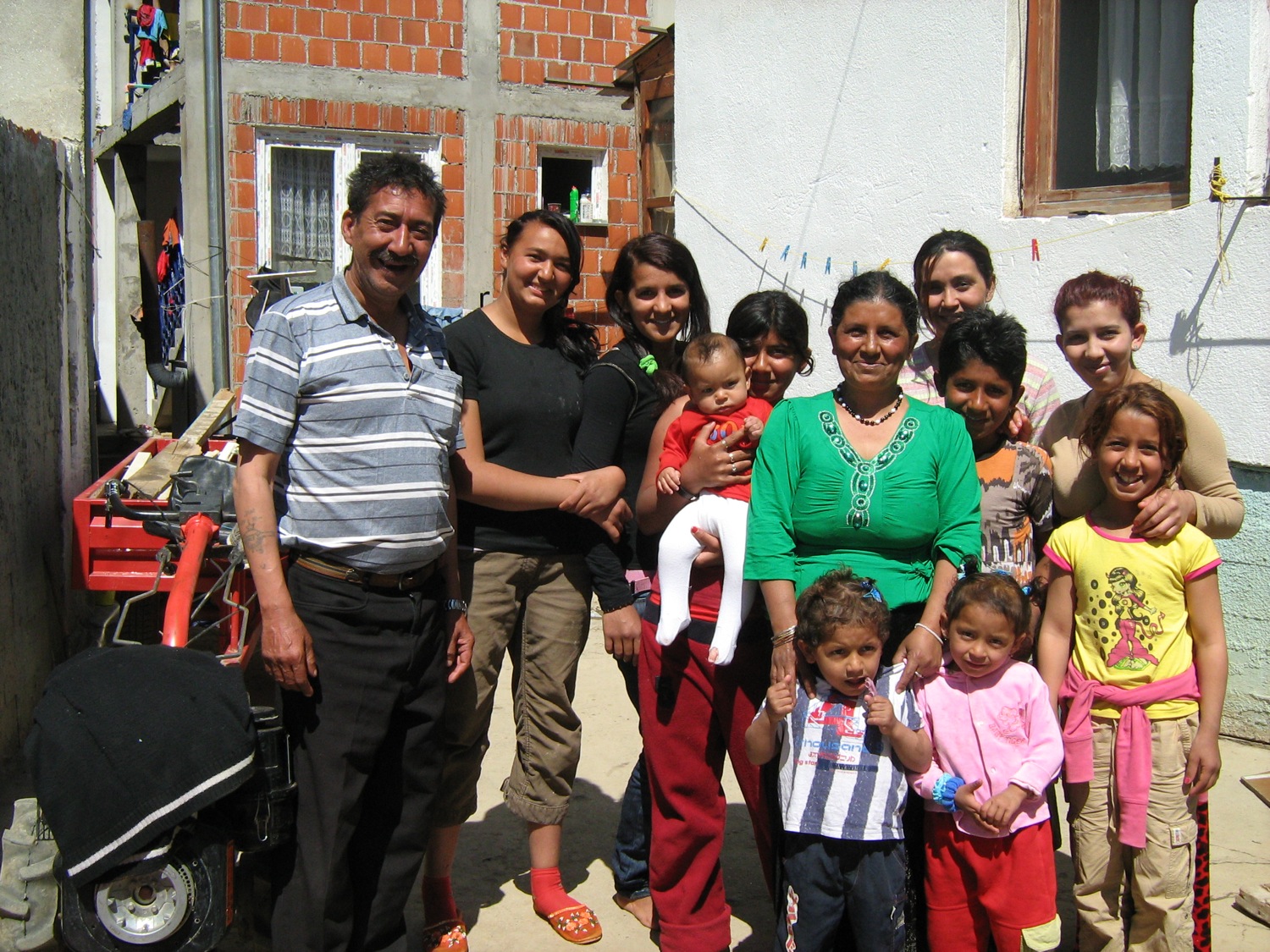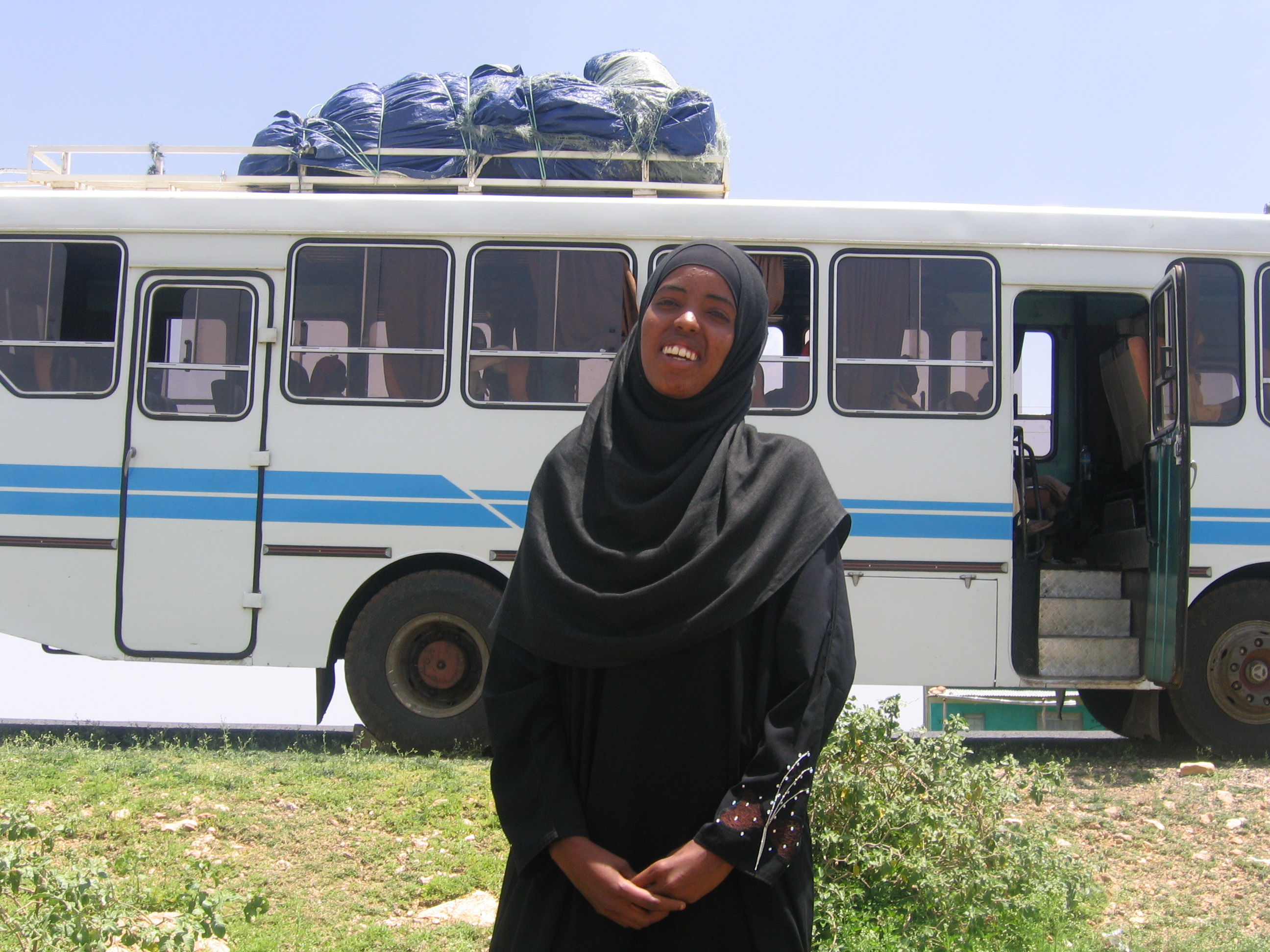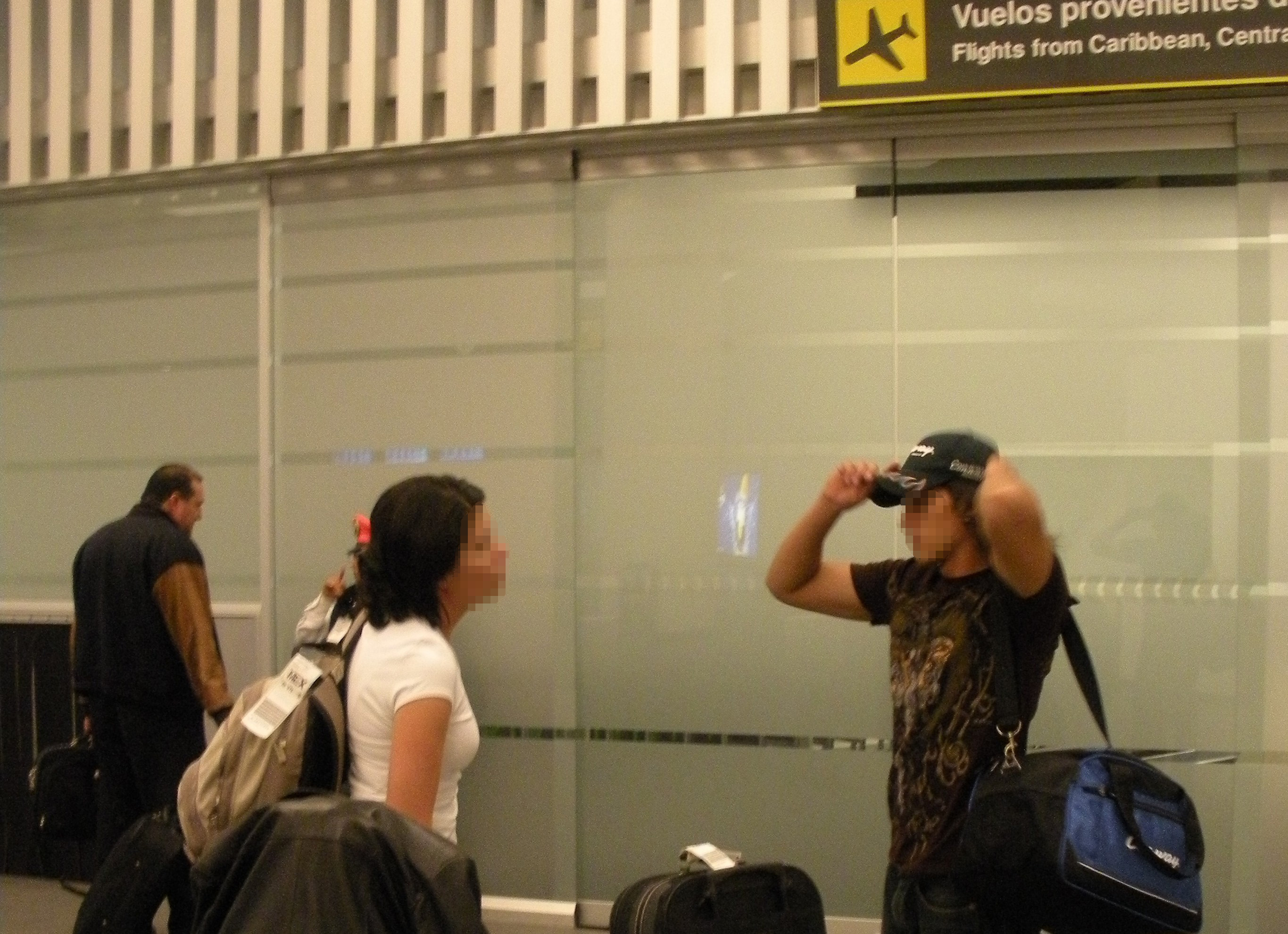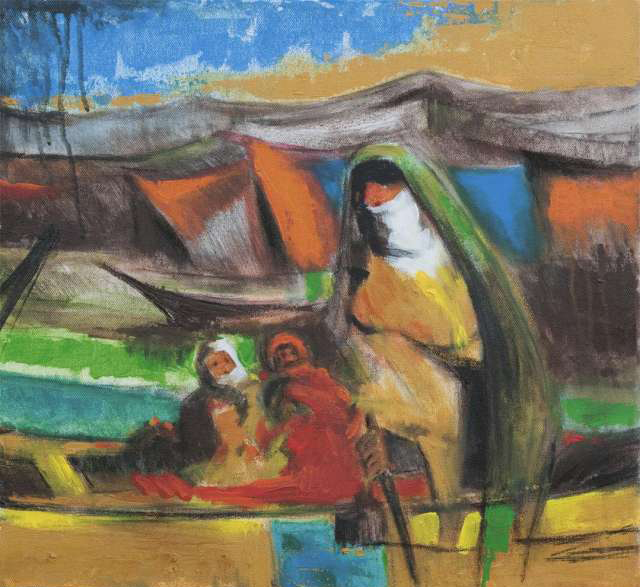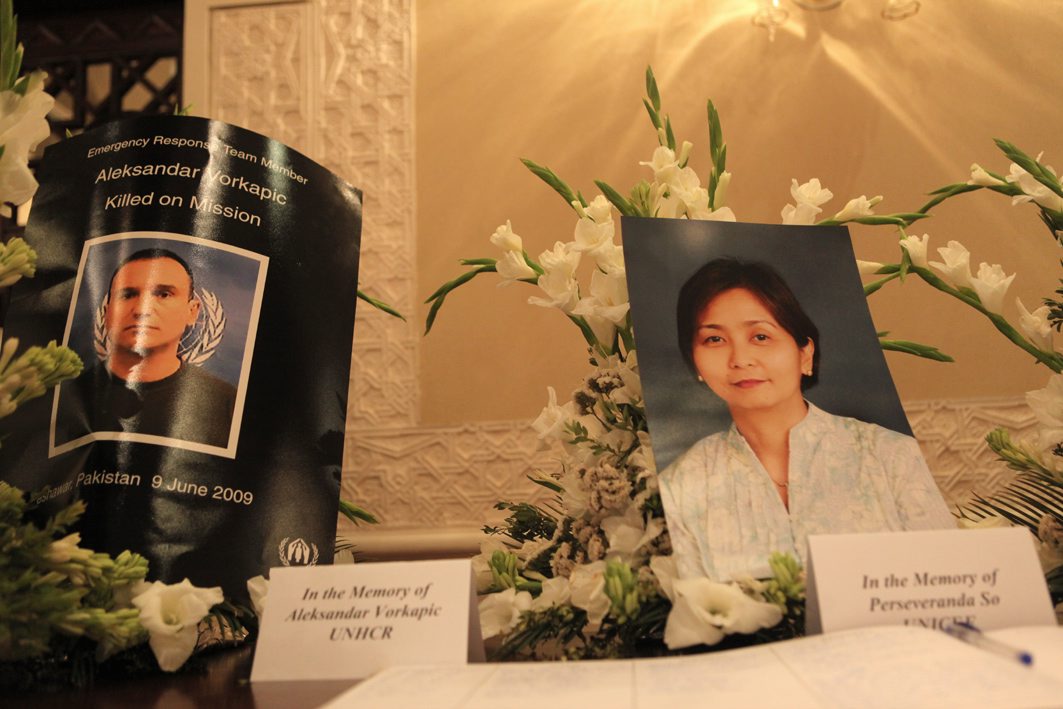Fishing for a fresh start in Angola
Fishing for a fresh start in Angola

SUNGUI, Angola - At mid-morning on the lower edge of Sungui village, several men dance to the sounds of blaring kwasa-kwasa music. A few others repair a fishing net, while several women sit on coolers eating grilled fish caught in the lake below the village. Sungui, located 70 kilometres north-east of the Angolan capital Luanda, is a lively village where children play barefoot, fishermen haul in their catch and women dry the fish on racks in the sun. Ducks, pigs, and dogs roam freely around the village feasting on food scraps and fish bones.
The fish are small Tilapia, locally known as cacusso - a favourite Angolan treat and a lucrative source of income for this village of several hundred families. In Sungui, cacusso sell for three Kwanzas per portion of five small fish. Traders come to Sungui in their trucks, carrying ice chests to transport the fish back to Luanda, where the local speciality sells for five kwanzas each, and a cooked portion served with manioc can bring in 20-40 Kwanzas.
Locals say that Sungui has never been attacked by rebels and due to its geography - located in hilly terrain, not far from the sea - is an unlikely target. Because of this relative security, no one fled from Sungui during the assault by UNITA rebels on nearby Caxito in May 2001.
A New Start
Nine of the Sungui families are headed by Congolese refugees who made their way here from the Boa Esperança refugee camp on the main road from Caxito to Luanda. The refugees have lived in Angola since 1977 when they fled rebel conflict in eastern Zaire. They have built new lives in Angola, working alongside their Angolan neighbours and fellow fishermen, and in at least one case marrying an Angolan woman.
The Ministry of Agriculture has granted the nine families a large plot of land near the lake for farming. The main difficulty in cultivating the farms is the lack of a water pump for irrigation. Villagers with farm plots nearby face the same irrigation problems and also talk of the need for water pumps. But despite the challenges, the refugees have pooled their money to hire a tractor for two hours to clear a small section of the land at a cost of 1,000 Kwanzas (about US$ 45), in preparation to start their farms.
Inauguration Day
Thursday, August 9, 2001 was a special day for the refugees. It was inauguration day for four new wooden fishing boats, constructed by the men themselves with the help of a small loan from African Humanitarian Action (AHA), a UNHCR implementing partner. AHA staff brought along two bottles of Spumanti for the christening. Previously the refugees had rented boats from other fishermen in the village. The new boats - symbolically painted UNHCR blue including the agency's logo - will give them more independence, and will help increase their earnings. With the loan money, the fishermen also purchased nets and other needed equipment. AHA has allowed them three months to repay the loan, but the men say they will pay it back in two.
The refugee fishermen are generous with their bounty. Earlier this year, to mark World Refugee Day on June 20, they donated fish to feed over 400 of their fellow refugees who had fled Boa Esperança and are now living at Kifangondo, a temporary site 14 kilometres outside of Luanda. For the August 9 boat inauguration, they prepared a grilled cacusso and boiled cassava feast for their guests at the christening. They refused to accept payment for the plastic bags filled with fish given to each guest. "Another day, yes. But today is our day," they said.
By Julia Stewart
UNHCR Angola



